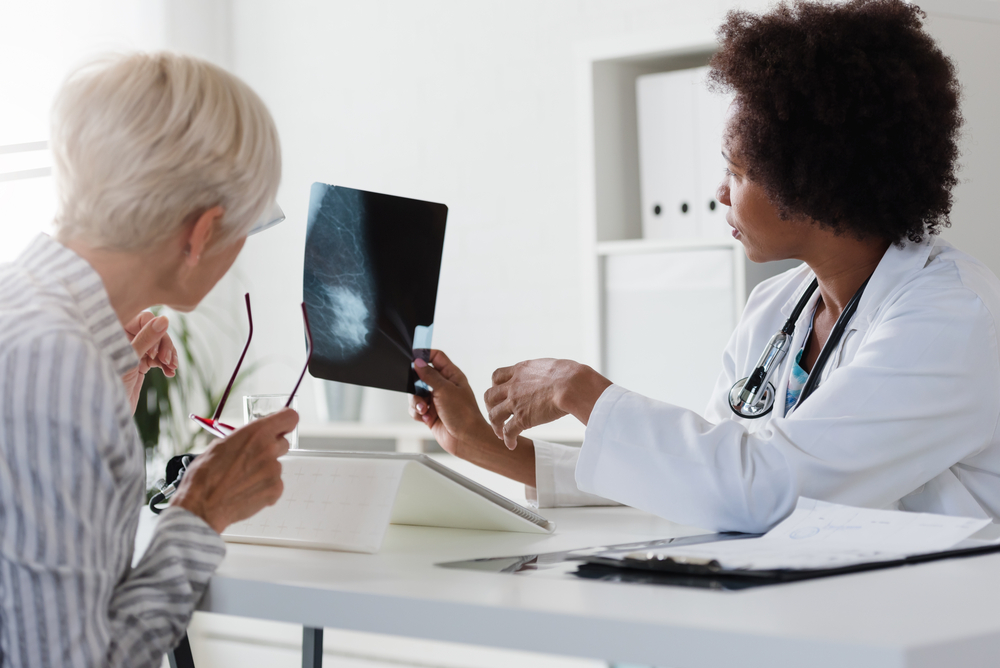New report models true economic impact of breast cancer to the UK

The report from Demos and Breast Cancer Now estimates the economic and wider societal costs of breast cancer and urges UK governments to enact measures to reduce the burden of the disease.
Breast cancer is predicted to cost the UK between £2.6bn and £2.8bn in 2024, potentially rising to £3.6 by 2034, according to new research from the cross-party think tank, Demos, and research and support charity, Breast Cancer Now.
The study, The Cost of Breast Cancer, warns that unless radical change is enacted to reduce the impacts of the disease on patients, the costs to the NHS (including screening and treatment), wider society and individual patients will rise by 40 per cent over the next decade. The report sets out the results of modelling to demonstrate some of the measures that could mitigate the worst of the human and financial impacts of breast cancer.
The report also highlights the human cost of breast cancer, and estimates the overall wellbeing costs associated with the disease at £17.5 billion in 2024. This is around six times higher than the estimated economic costs, and accounts for the wider impacts of breast cancer including costs incurred through reduced quality of life and early death, as well as the impact on carers, partners and children of breast cancer patients.
Around 55,000 women and 400 men are diagnosed with breast cancer each year in the UK (47,000 in England), with eight in 10 cases diagnosed in women 50 and over. This amounts to one woman being diagnosed with breast cancer every 10 minutes across the UK. Although breast cancer survival rates are improving, and 85 per cent of women with breast cancer now survive for five years or more, more than 11,500 women and men die from the disease each year in the UK, and the financial and emotional costs can be long-lasting.
Within the report, Breast Cancer Now urges UK governments “to urgently engage with the scale of the crisis” and to work with the charity on measures to improve the lives of people impacted by breast cancer and reduce the financial costs to the NHS and wider society. These include increasing screening uptake rates, which it estimates would produce economic savings of between £96m and £111m in 2034, and £1.2bn in wellbeing cost savings, also in 2034.
Also proposed is the introduction of cancer nurse specialists, who can provide support and information to cancer and their families and are specifically trained to offer psychological support. Research from Sweden indicates that having specialist psychology-trained nurses in place can lead to improvements in measured quality of life scores for patients and a reduction in total healthcare costs, including after the initial investment. Applying the same economic savings realised in Sweden to the NHS, the report estimates that providing cancer nurse specialists could produce more than £118m in savings to the NHS, as well as £312m in associated wellbeing costs.
Other proposals include measures to support patients to return to full-time work, which are estimated could potentially yield between £328m and £411m in savings in 2034. These savings would stem entirely from a reduction in productivity losses from illness and reductions in caring requirements.